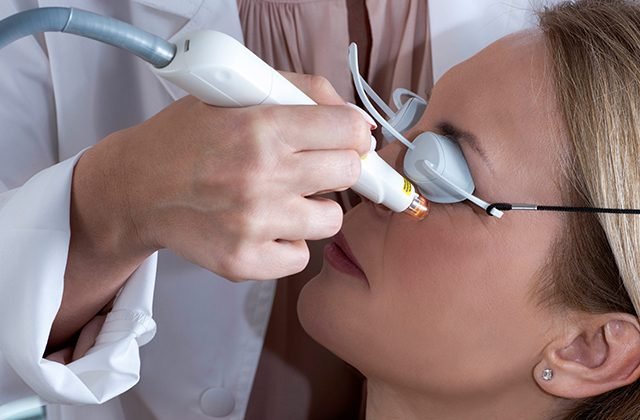
is optilight covered by insurance
Is optilight covered by insurance? If you suffer from chronic dry eye, you know that regular and ongoing treatment keeps the symptoms at bay. And since your health insurance can cover the cost of home treatment, the cost shouldn’t stop you from signing up.
An effective treatment works if your symptoms are still mild. As your optometrist or eye doctor has probably told you, dry eye is incurable but treatable. Therefore, leaving this condition untreated can lead to serious problems later on. These complications can include infection, eye inflammation, and vision loss. Whether you have meibomian gland dysfunction (MGD) or another form of dry eye (DED), you should begin medical treatment as soon as possible.
Is optilight covered by insurance? Fortunately, since DED is a recognized disease, insurance can cover some treatments to help control this disease.
It’s also likely to be a copay, as well as prescription drug charges if you need medicated eye drops. You should also check with your provider to see if is optilight covered by insurance.
How Is Optilight Treated?
Successful dry eye treatment depends on the individual’s needs. The condition can have two causes: a low number of tears or tears that are of poor quality.
Tears are important for the proper functioning and maintenance of the eyes. If your eyes aren’t getting enough hydration or nutrition, it’s not good.
Treatment is possible if you have poor-quality tears. The same goes if you don’t produce enough tears.
Steroid Eye Drops
If you suffer from dry eyes due to a low tear count, you can treat it with steroid eye drops. Normally, eye drops just lubricate the eyes.
With prescription strength drops, inflammation can also reduce underlying inflammatory problems. These could be the cause of your dry eyes.
The use of these drops should be discussed thoroughly with your ophthalmologist. There are possible negative side effects of its use.
Puntal plugs
Another treatment for dry eyes is punctal plugs. These plugs are a treatment that is inserted into the eyes. They block the escape of tears and force them to remain on the surface of the eyes.
This allows the tears to feed your eyes as they should. Insertion of punctal plugs is quick, easy, and painless. They are easy to remove if your eyes get too watery too.
Sometimes temporary puncture plugs are placed first and then dissolved. These only last for a short time, just long enough to determine whether they solve your dry eye problem or not.
Why Are My Eyes Dry?
Three components make up tears. These are water, mucus, and oil. Each part has a specific purpose.
If your tears are of poor quality, it probably means your eyes aren’t producing enough oil. This oil is important because it covers the tears and prevents them from evaporating.
If tears evaporate too quickly, your eyes won’t get the nourishment they need.
Meibomian gland expression therapy
The reason no oil is produced is that the meibomian glands become clogged. This is usually blocked with a waxy coating.
This wax is removed with meibomian gland therapy, which uses gentle pulses and heat to break down the wax. The therapy is often described as relaxing. It is quite effective if clogged oil glands are your problem.
Is Optilight Covered By Insurance – Cover The Costs Of DED With Insurance
You can rest assured that dry eye treatment is covered by your eyesight insurance. However, DED is an eye disease, making it a medical problem. This means that your facials may be covered by your primary medical insurance, not your eyesight. That is why you can check with your insurer whether you are insured for dry eye treatments.
One thing to keep in mind is that DED is more common as people get older. Therefore, Medicare coverage can play a role for many people with dry eyes. While Medicare doesn’t pay for things like eye exams and glasses, it can cover treatments and tests for eye conditions, such as dry eye.
Telehealth appointments for dry eye follow-up
In addition to receiving medical care in a doctor’s office, you can also communicate with your eye care professional through telehealth appointments. In particular, you can attend some consultations and follow-up appointments via your telephone or computer. These sessions can be very helpful for those with busy schedules and those with limited mobility. In addition, telehealth visits have become more frequent and valuable for countless patients during the COVID pandemic.
Medicare pays for some telehealth appointments. If you have private insurance, please refer to the policy for remote medical visits.








